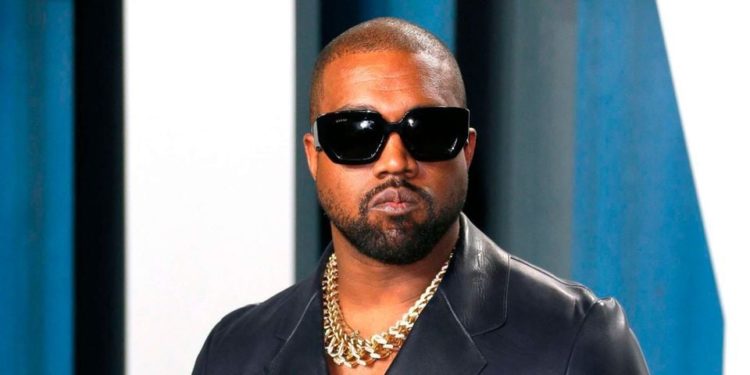By AFP
German sportswear giant Adidas reported Friday a hefty first-quarter loss, acknowledging its split from controversial US rapper Kanye West was “hurting” its bottom line.
The company booked a net loss of 39 million euros ($43 million) from January to March, compared to a profit of 482 million euros in the period a year earlier.
The end of its highly successful Yeezy line, designed in collaboration with West, hit sales by about 400 million euros in the quarter.
But overall sales were not as bad as feared, with analysts seeing early signs of improving fortunes, and Adidas’s share price rose 7.5 percent in the afternoon on the Frankfurt Stock Exchange.
Adidas halted its tie-up with West — now known as Ye — in October after he made a series of anti-Semitic outbursts.
The loss of Yeezy, along with falling revenues for its lifestyle brands, “are of course hurting us,” said new CEO Bjorn Gulden in a statement.
But there was no news Friday about what it would do with its huge stock of Yeezy trainers.
“The options are narrowing,” Gulden told reporters after the results were released, but finding a solution will take time as there are “so many interested parties”.
The company had announced in February that it could suffer an operating loss of as much as 700 million euros this year if decides to write off the value of its entire existing Yeezy inventory.
‘Bumpy year’
Gulden, who took the reins of the company in January after joining from rival Puma, said time was needed to turn the company around.
“2023 will be a bumpy year with disappointing numbers, where maximising our short-term financial results is not our goal,” he said.
The impact of the end of the West tie-up was most clearly felt in North America, where sales plummeted 20 percent during the quarter.
They were also down heavily in China, a key market for Adidas which has been hit hard by lengthy Covid lockdowns, while there were gains in Latin America and other parts of the Asia-Pacific.
But net sales came in almost flat at 5.28 billion euros, against market expectations for a fall, and Gulden said the quarter ended a “little better than we had expected”.
He pointed to positive developments in some areas, such as in the popularity of its Samba, Gazelle and Campus trainers.
Deutsche Bank said in a research note that the sportswear company “remains an attractive large-cap turnaround story and despite a tough few quarters ahead, these early signs are reassuring”.
“This is a company which has regained some of its energy.”








